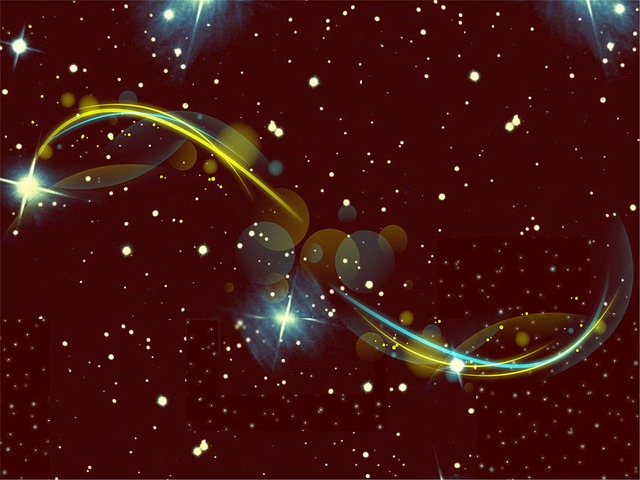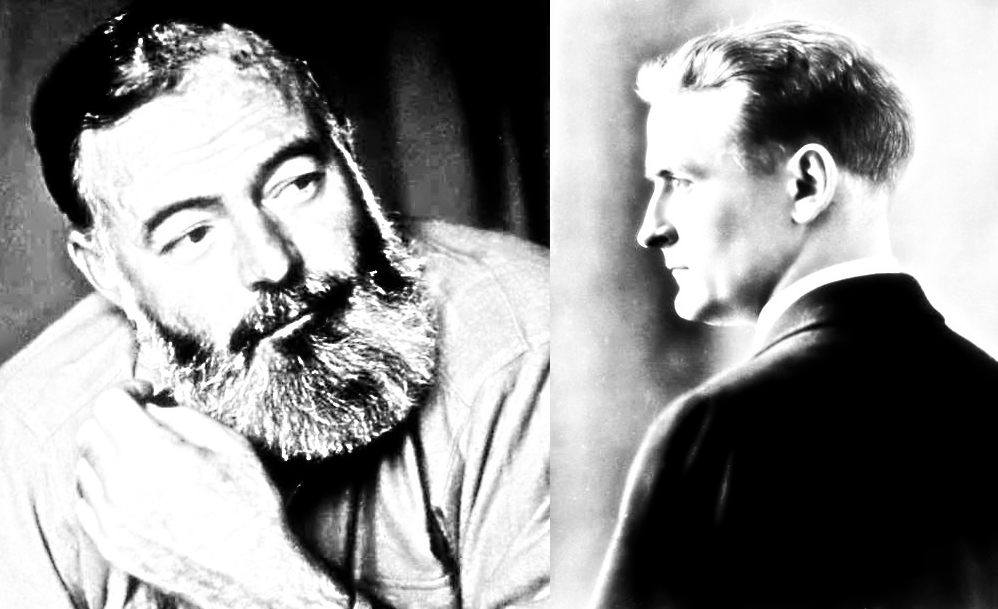In doing research on fairy tales this year, I stumbled across Jim Henson’s The Storyteller. It’s a two-season series that has tragically short seasons, but depicts thematically linked episodes with all the creative flair that only Jim Henson can provide, including animatronics, surrealist imagery, and touching moments of emotional depth (think The Labyrinth).
Today, I am going to give a brief overview of the series because it is now a show that is near and dear to my heart, and if you even have an inkling of interest in literature…it will become one of your favorite shows, too.
Transformation
The first season has only 9 episodes, but they range from fairy tales to folklore, and deal with love, murder, friendship, fear, and more. Guided by actor John Hurt’s magnificent narration, the audience is given a glimpse into ancient European folklore and stories of old and into the theme of transformation, as well, which really suffuses each episode, both literally and figuratively.
In the first episode, a farmer and his wife are unable to conceive of a child, so they wish for one, but are granted a deformed creature instead–a creature that resembles a hedgehog, which is referred to as the Grovelhog. The detail of the costume is disturbing and haunting as it is revealed that his own father (the farmer) has extreme disdain for him; and, the cruelty displayed in the story is a reminder of the realities of life, which this series does not shy away from. While love perseveres in fairytales, it is not without trial. The Grovelhog’s mistreatment sends him on a journey to find meaning in life. His transformation into a normal man, and the shedding of his skin, is key.
Each episode is a different story, but tackles change and changing in its own way. Later in the season, we see soldiers transform into miracle workers, beggars into storytellers, a princess into a guttersnipe, and so on. The audience is treated to each story through delightful (and often intense) visuals, twists and turns, true villains, and even truer heroes. Each story transforms from a usual story into something more meaningful.
Transcendance
I don’t want to spoil anything in case you haven’t seen this brilliant anthology, but I would like to say that this show does something that I haven’t experienced in a long while–at least as far as it concerns narratives in television: there is a very human element to this show. Strangely, it reminded me of sitcoms and shows from my youth (the fact that it was made in 1987 makes sense as I grew up in the 90s). No matter the content of the story, each episode gives a clear window into what is the writers see as important; luckily, they touch on the foibles of humanity expertly and give the audience something to think about and feel after each story is told.
The audience is not greeted with the futility of life as a punctuation (or one of the modern tropes of gritty realism), but that we as humans should learn something, which in turn will make us better people. In fact, I guess that is the point of fairytales in the first place, and Jim Henson’s The Storyteller understands that fact.







